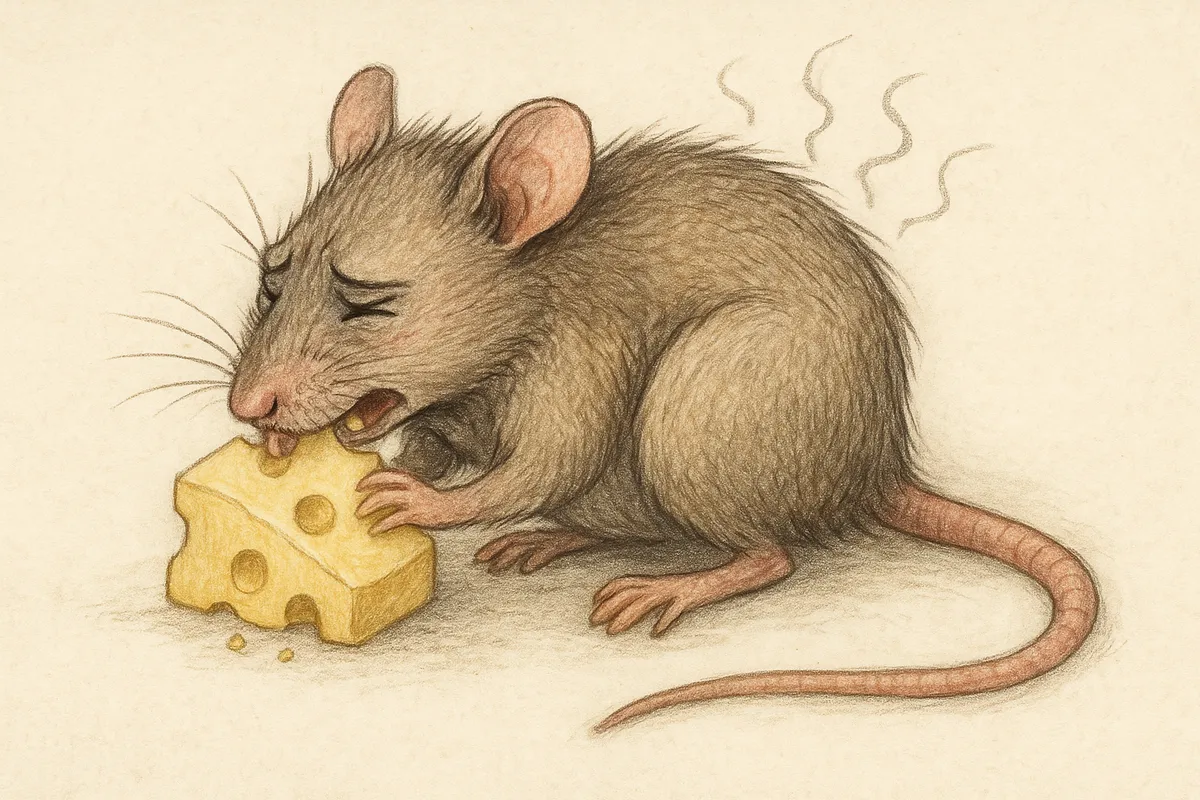What Counts as “Help” Depends on What You Think We Are
 Case Western Reserve University recently announced that researcher Marissa Scavuzzo received a Hartwell Foundation award to explore gut-brain links in autism. Her stated goal:
Case Western Reserve University recently announced that researcher Marissa Scavuzzo received a Hartwell Foundation award to explore gut-brain links in autism. Her stated goal:
“To uncover how disrupted neuron-glia communication and genetic changes may contribute to digestive problems in children with ASD—and, ultimately, to identify new therapeutic targets.”
At first glance this sounds reasonable. Who wouldn’t want to reduce digestive pain in autistic kids?
But read it again.
This isn’t a study of pain. It’s a study of pathology.
Not what hurts but what’s broken.
By framing digestive distress as a product of neural disruption and genetic error, Scavuzzo’s project positions autism itself as the cause of suffering—and the thing to be fixed. Never mind that autistic people have long named the stress-digestion connection. Never mind the effects of masking, trauma, sensory overload and exclusion. If it can’t be measured in a mouse or manipulated in a lab, it’s dismissed as unscientific—even when it’s real, lived, and named by autistic people. In a previous post, we unpacked how research built on animal proxies trains science to ignore what can’t be bred, measured or silenced.
Scavuzzo leads her own lab at Case Western where the framing is consistent: autism as dysfunction, neurodivergence as disturbance and the body as something to correct. Her research history began with inducing "autistic-like behaviors in rats." That isn’t harmless modeling. That’s training your scientific gaze on erasure. And it’s still the default.
Therapeutic targets doesn’t mean understanding. It means intervention.
The Hartwell Foundation, which funds biomedical research to address "unmet needs in children," frames autism as a medical emergency. Not a difference. Not a disability shaped by context. Just a set of malfunctions to treat early and often.
So when Scavuzzo breeds mice to mimic autistic behaviors, she isn’t observing autistic life. She’s simulating disorder. When she studies their guts, she isn’t asking what autistic people feel. She’s asking what to target.
And all along the way, autistic voices are missing—except as proxies, diagnoses or data points.
We’re not against gut research. We’re against research that treats our insides like evidence of failure.
We want relief. But not at the cost of being rendered a mistake.